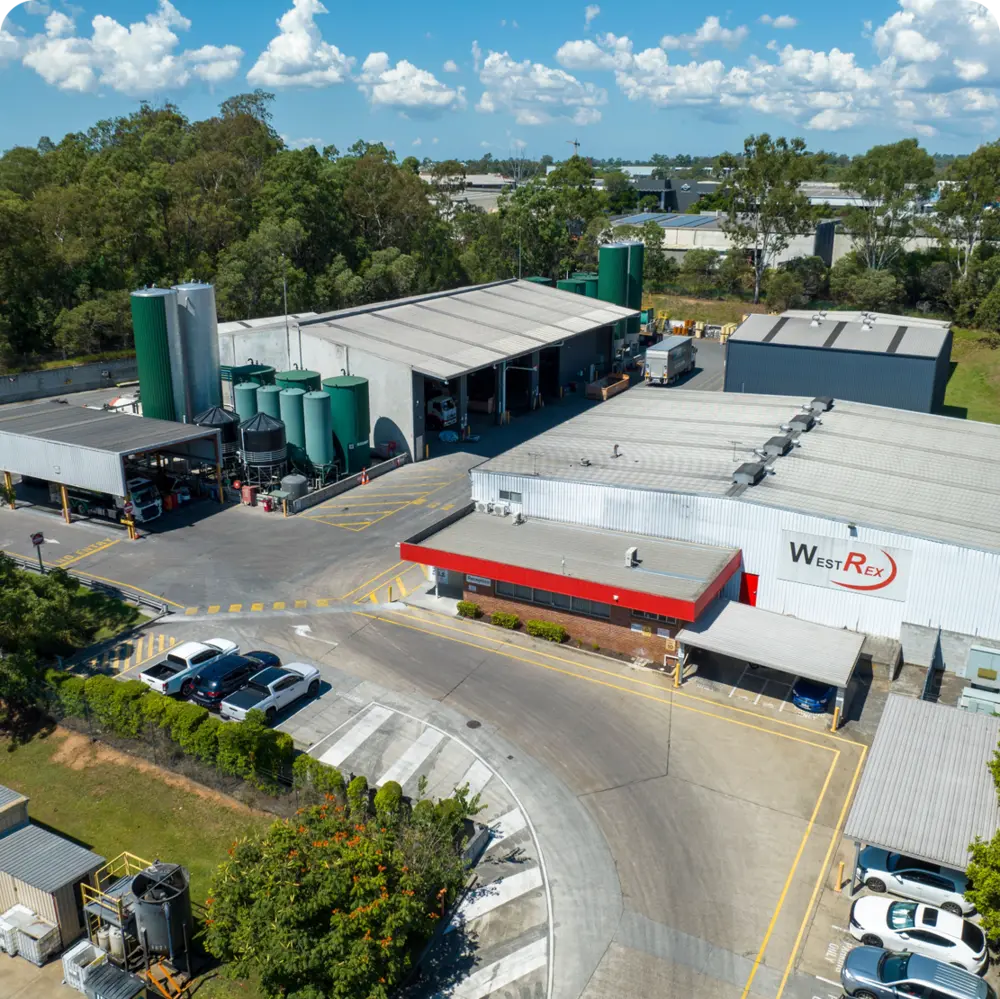
Constant consolidation by some of the hazardous waste industry’s largest players has created not only a dynamic environment, but exceptional opportunities for the remaining independent businesses.
“It is the larger players in this industry that often seek to blend a business culture into a homogenous single model. But many of our industry people value their autonomy and independence, and their ability to make client decisions close to the ground.”
As the Director of Alpha Resource Management and former COO of Toxfree, Peter Goodwin believes in the importance of businesses being able to maintain their operating independence.
Following the takeover of Toxfree by Cleanaway, Goodwin has spent time developing an alternative business opportunity for the hazardous waste market.
This led to the development of Pure, a sector-focused alternative for waste industry clients, who like relying on the service of an independent, but who may benefit from the scale of an industry leader.
“The intent is to put together a group of like-minded organisations and offer a very focused service to the major customers within the hazardous waste industry,” Peter says.
This model will be built out in time, including by acquiring other independents to increase the company’s market share.
As a first step, Pure has acquired the businesses of the WestRex Group, a successful hazardous waste treatment provider based in Queensland
Now with a number of major shareholders backing them, Gregg Chapple, Mark Scott and Goodwin are working hard to implement a seamless transition process for employees and businesses that have similar values and aims for the future.
“It is partners such as ours at Pure, that make all of the difference. The differentiator at Pure will be the way we support the founders, and their staff to continue to be fully engaged,” he says.
Creating Culture
As Goodwin explains, the key to the future of Pure is differentiating the organisation’s operations to that of the majors.
“Some of the larger players are trying to be the best in all facets of the industry – and that’s great – but it can be very difficult in practise,” he says.
“Some people within the industry believe a nimble, more specific, sector-focused business can challenge the larger operators. In my view, this dynamic model is an exceptional recipe for success.”
Creating a unified culture, while acquiring businesses with existing cultures and employees, is a matter of balance, Peter says.
“We are aiming to support those business and their culture growing within Pure, as successfully as we can, rather than just trying to change them,” he says.
Having experienced many acquisitions firsthand during his time at Toxfree Solutions, and before that Veolia, Peter understands how important the connections between employees and the original business can be during the acquisition process.
As he explains, maintaining independency is important when creating an organisational culture.
“A secret to success in both our industry, and perhaps business in general is the maintenance of a successful culture, and building strong relationships,” Peter says.
“The strategy is to build on what are a common set of values across multiple businesses. Sometimes, the more you centralise control, the less autonomy and satisfaction many of your staff members have.”
While major players within the waste industry have significant resources and facilities, Peter says staff can sometimes be highly regulated, and have little autonomy to operate. This is what he believes will differentiate Pure from some of the competition.
Marked with Ambition
Peter says maintaining a consistent organisational culture, and safe and secure operations during a high level of growth present an exciting opportunity for the company.
As he explains, not only Pure, but potential clients will benefit from the business’s alternative and innovative disposal solutions.
“In the hazardous waste industry, each customer often has unique requirements, so implementing a standardised operations model to solve different challenges may not always be the best way to go,” he says.
Through further acquisitions also comes plans for expansion. With a growing foothold within Brisbane and regional Queensland, Peter says in time, Pure will enter both the Sydney and Melbourne metro markets.
In this way, Peter plans to utilise the company’s focused strategy to service some of the most significant hazardous waste streams in the industry.
Pure already services infrastructure, resources, and commercial sectors. Further development will grow Pure’s reach and capabilities within each of these sectors, as well as the healthcare and municipal sectors.
“If we are successful, we should create a significant position within two to three of these sectors within the next 18 months,” Peter says. “There are opportunities to rapidly become a large player in the hazardous waste space.
“A lot of the businesses in the marketplace I admire, and hope to offer an opportunity within Pure, [and] in my view operate as well, or better than some of the major players.”
What they lack however, is scale, and the support to expand their network across the waste industry, Peter says. “They lack a national footprint, something in time we anticipate Pure can provide,” he says. “If people can continue to have fulfilling roles in the business, and they enjoy competition, together we can create a winning environment within the waste industry.”


Pure Environmental is committed to innovation, sustainability, and efficient solutions in waste management. This mission and vision drive our dedicated efforts.